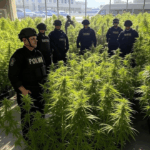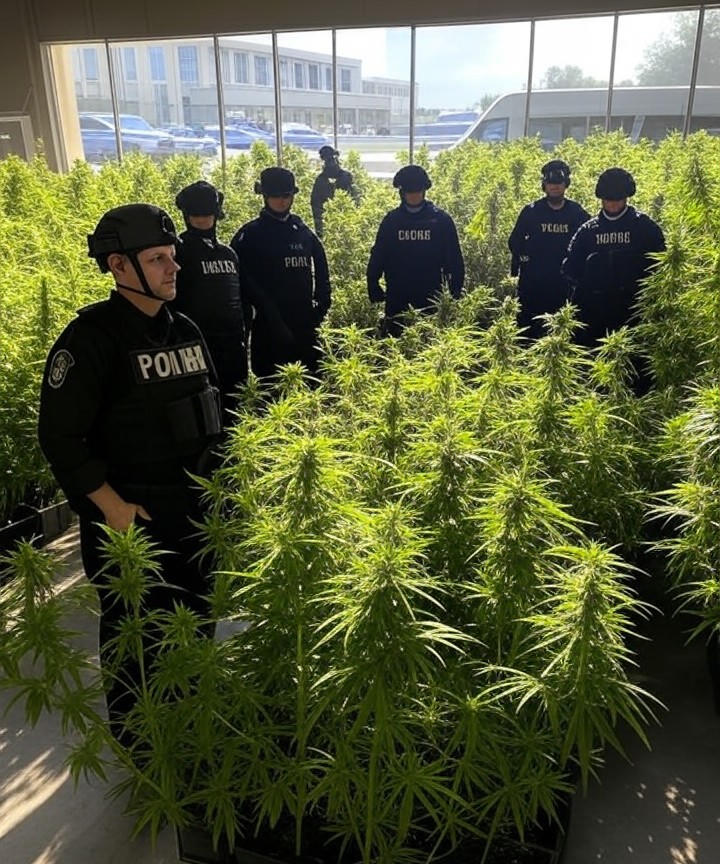Canada’s Expansion of Retail Marijuana Has Minimal Impact on Consumption, Study Finds
Since Canada legalized recreational cannabis in 2018, researchers have been studying the effects of this decision on Canadian society. A new study has found that despite a significant increase in the number of retail stores and a 28% decrease in prices, there has been only a modest increase in cannabis use among Canadians.
The study, conducted by Michael J. Armstrong, an associate professor of operations research at Brock University, analyzed consumer responses on government surveys collected between 2019 and 2023. The results showed that while there was a slight increase in cannabis use among women and older adults, the overall rate of consumption remained relatively stable.
The study found that the percentage of men who used cannabis stayed around 28% between 2019 and 2023, despite the expansion of retail stores and the decrease in prices. However, there was a slight increase in cannabis use among women, rising from 21% in 2019 to 23% in 2023. The study suggests that this increase was related to the decreasing affordability of cannabis, rather than the increasing availability of retail stores.
The study also found that the frequency of cannabis use remained relatively stable, with about one-quarter of consumers using it five or more days per week in both 2019 and 2023. However, there was a shift in product preferences, with a decrease in the use of dried cannabis and an increase in the use of edibles.
The study’s findings suggest that the main effect of the expansion of retail stores was to draw existing users away from illegal dealers, rather than to tempt new users. The study also suggests that policymakers should focus on preventing prices from getting too low, rather than limiting the number of retail stores.
The study’s findings may have implications for other countries that are considering legalizing cannabis. For example, Australia is considering legalizing recreational cannabis, and the study’s findings may be relevant to policymakers in that country. Similarly, Germany has legalized recreational cannabis, but not sales, and the study’s findings may be relevant to policymakers in that country as well.












